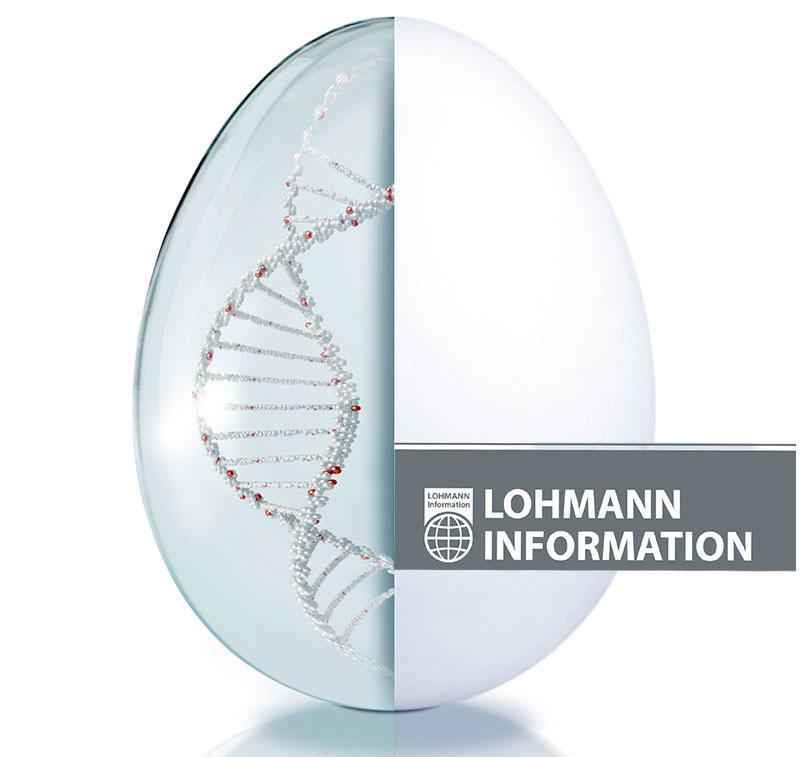This website uses cookies to improve your experience. We'll assume you're ok with this, but you can opt-out if you wish. Read More

Adequate food supply for the growing world population is a major concern of governments and NGOs in industrial and developing…

Abstract The thermoregulatory system plays a central role in various body functions of the organism. It not only keeps the…

Abstract The dynamics of egg production between 1993 and 2013 on the basis of four Country Development Groups is analysed…

Abstract The widespread and indiscriminate use of antimicrobials has been identified as one of the main reasons for the emergence…

Abstract Modern hybrid laying hens can produce more than 300 eggs per year and more than 500 eggs in an…

Abstract During the last decades meat and especially liver have been looked upon as unhealthy food with high fat content…
Et découvrez toutes les dernières nouvelles du secteur.